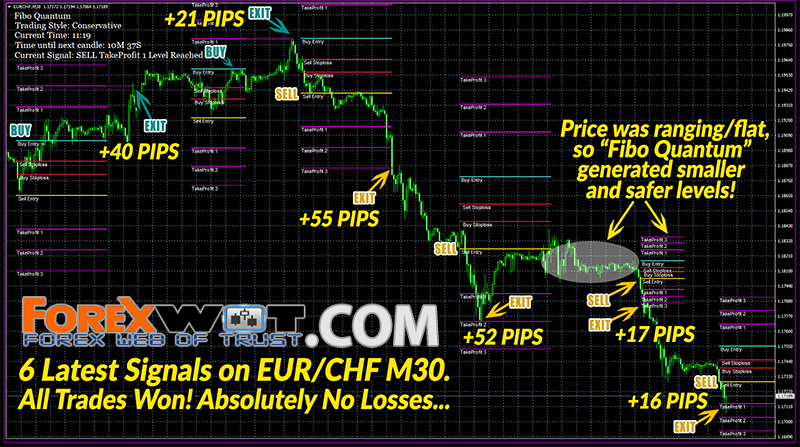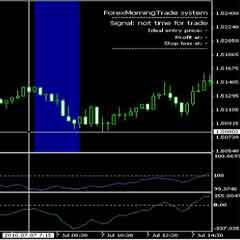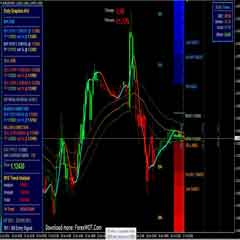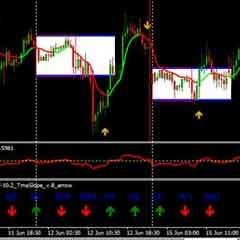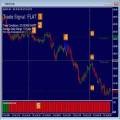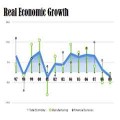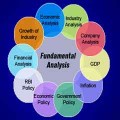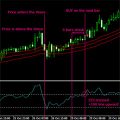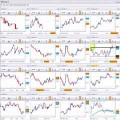How could the bank traders manipulate the forex market when this market is so liquid?…. I have myself traded as a Forex interbank dealer with one of the banks, so let me give you a bit of a background on how forex dealing works at banks.
Usually banks have something called an interbank forex desk which trades forex with various banks in the market.
Banks also have sales desk which deals with various clients of the bank who are trying to either hedge their currency risk or pay for their exports or imports or may be even doing positional trades in order to profit from it.
Sales desk quote forex price to the bank’s client but for big ticket transactions they don’t usually directly quote to the customer, instead they take a quote from the interbank desk of the bank and pass on the quote (after adding some spread) to the customer.
The quote given by sales dealer (which he in turn receives from the interbank dealer) is a two way quote. Meaning the client can either buy or sell on the quote being provided. Which means the bank doesn’t necessarily know if the client is going to buy or sell the particular currency being quoted and thus has to provide a bid as well as offer price to the client.This is the simplified version of FX desk at a bank.
its Still Possible for a Bank to Front-run a Client Trade
Now if a customer wants to make a trade in few 100 mios or so, they won’t be directly provided a two-way quote by the bank, instead the sales dealer and bank dealers would know before hand if the client will buy or sell a particular currency pair.
This creates a scenario that bank knows beforehand if the client is buying or selling. So in case the client is buying(or sell) it is possible for bank to buy (or sell) before hand and pass on the trade to the client at a higher price and in the process make risk-less profit. This is known as front-running (which is actually illegal).
So even though you have a liquid market, its still possible for a bank to front-run a client trade and give him sub-optimal fill.
Another common practice in inter-bank markets to decide on what is called a fixing price.
For example fixing price is decided in Indian interbank market by RBI(regulator). In order to arrive at this fixing price RBI polls all the banks at around 12 pm every day and takes two-way quotes from them.
It averages these quotes to arrive at the fixing price.
This fixing price is used to settle many trades in the derivatives markets and it is also used for accounting translations, book keeping etc. Also, for many large ticket transactions with clients, it is a common practice to enter deals with clients before the fixing time at fixing price.
So for example, a bank can enter deal with a client at 10 am that it would buy a particular currency amount from the client at fixing price.
So if the fixing price is lower, the bank would be buying the currency at lower price.
So if a bank gets a large amount of order where it has to buy currency from client, it knows that it is long a particular amount of currency at fixing price, so say an hour before fixing it could start heavily selling the currency in the market (because it is already long the currency at fixing price, selling the currency in the market reduces its exposure).
This heavy selling would lead to lower prices (if market conditions permit) so that when RBI approaches banks for a quote for fixing they would be quoting a lower price (as markets would be trading lower because of selling).
But since the bank has sold currencies at prices higher than the fixing price and is buying the same currency from client at the fixing price, the bank would end up gaining by manipulating the fixing price via heavy selling.
These are just some of the ways manipulation is possible in currency market even though its a very liquid market.
Consider this if 3 traders in 3 different banks want fixing to be lower and they happen to be close confidants, it is not very difficult for them to manipulate the fixing price lower or higher and in the process make quick money from clients.
- So just because a market is liquid doesn’t necessarily mean that individuals or systems cannot find a way to game them.

